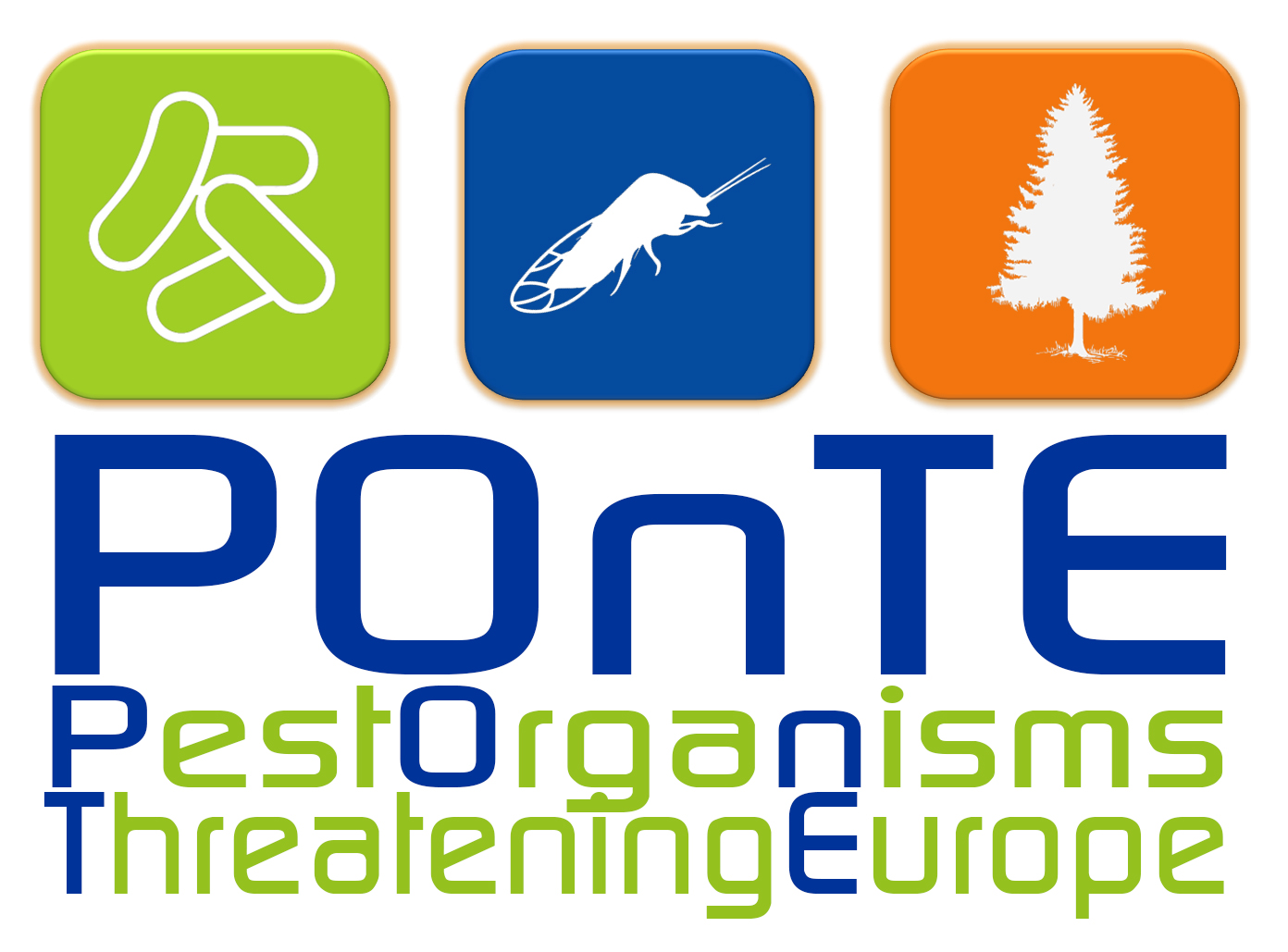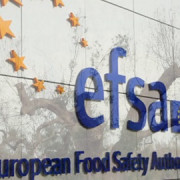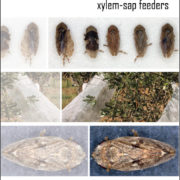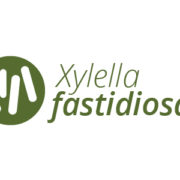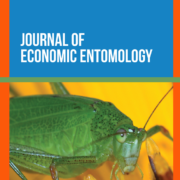EFSA releases a scientific opinion on the EU control strategy against Xylella fastidiosa
The Panel on Plant Health of the European Food Safety Authority (EFSA) has released an official opinion addressing the principal questions concerning the EU control strategy against the dreadful pathogen Xylella fastidiosa. The document, entitled ‘Scientific opinion on four statements questioning the EU control strategy against Xylella fastidiosa’ has been published on 31, March in the current issue of EFSA Journal, few days after the release of the External Scientific Report of a Pilot Study elucidating the role of Xylella fastidiosa in the Olive Quick Decline Syndrome, spreading in Apulia, Italy.
The 21 scientists, members of the International Panel have expressed their evaluations on the most questioned aspects concerning the control strategy and risk assessment policy adopted by EU to face Xylella fastidiosa. The document takes into consideration: i) factors affecting symptom expression and spread of the pathogen; ii) the aetiology of the CoDiRO (Complesso del Disseccamento Rapido dell’Olivo) disease; iii) the removal of host plants as an option for containment or eradication; and iv) side effects of pesticides.
EFSA experts confirms that the biological assays reported in the study commissioned by the Agency correctly fulfilled Koch’s postulates and Xylella fastidiosa subsp. pauca has been shown to be the causal agent of the CoDiRO disease of olives in Apulia. Since wilting symptoms in X. fastidiosa infected plants are due to water stress induced by bacterial cells clogging the xylem vessels, any intervention supporting vigorous growth and development of the plant may improve its resilience and extend the symptomless phase of the disease.
The Panel considers the stringent removal of all host plants, irrespective of their health status, in new outbreak areas, as the only option effective in reducing pathogen spread, to be rigorously administered with constant monitoring.
In addition, the reduction of the spittlebug Philaenus spumarius vector populations, by application of chemical or any sustainable method, may slow down the pathogen spread. No evidence of secondary effects on the interaction of X. fastidiosa with infected olive trees has been currently reported after treatments with pesticides.
The complete document is publicly available for download and has been published on EFSA Journal 2016;14(3):4450.
